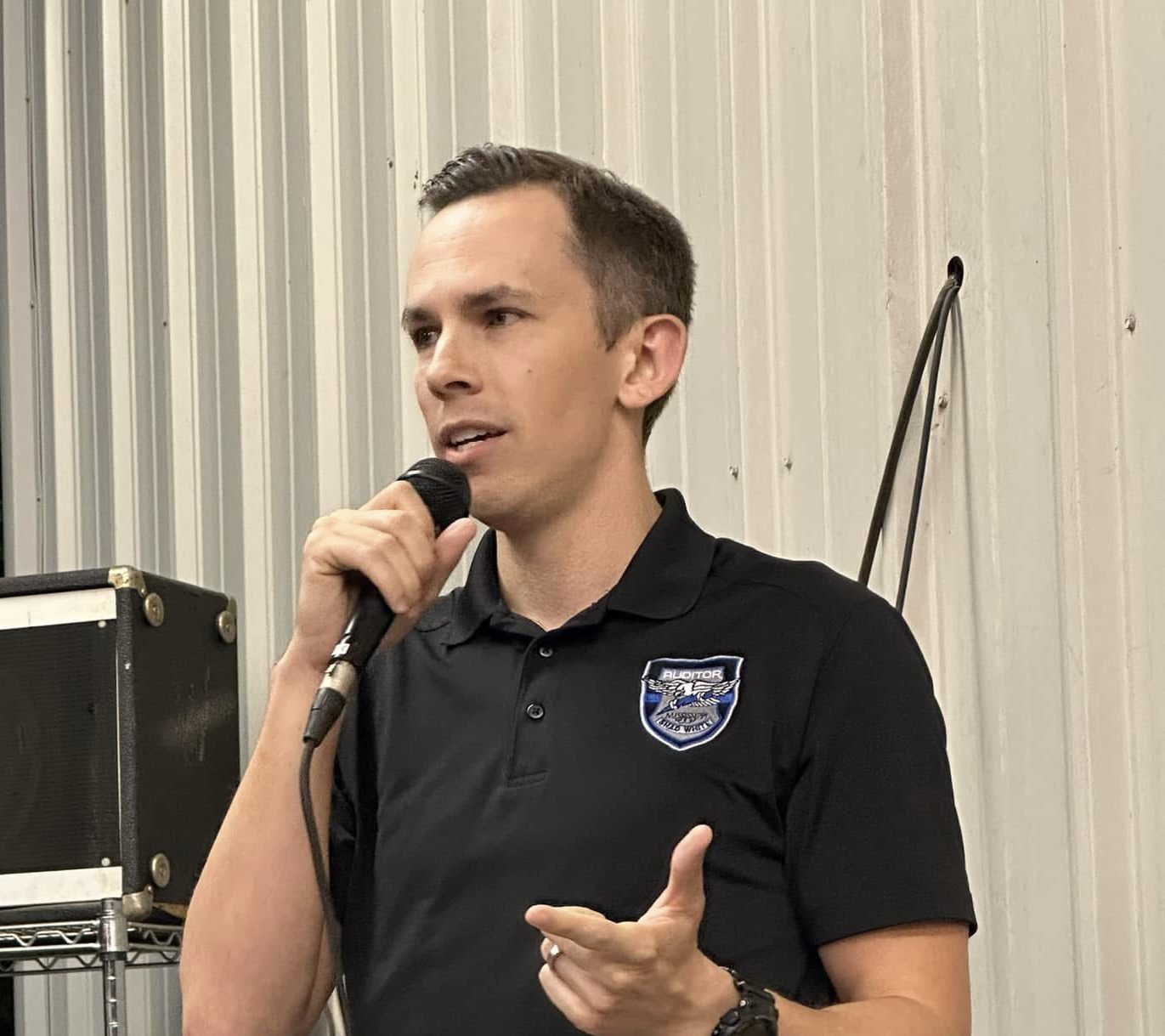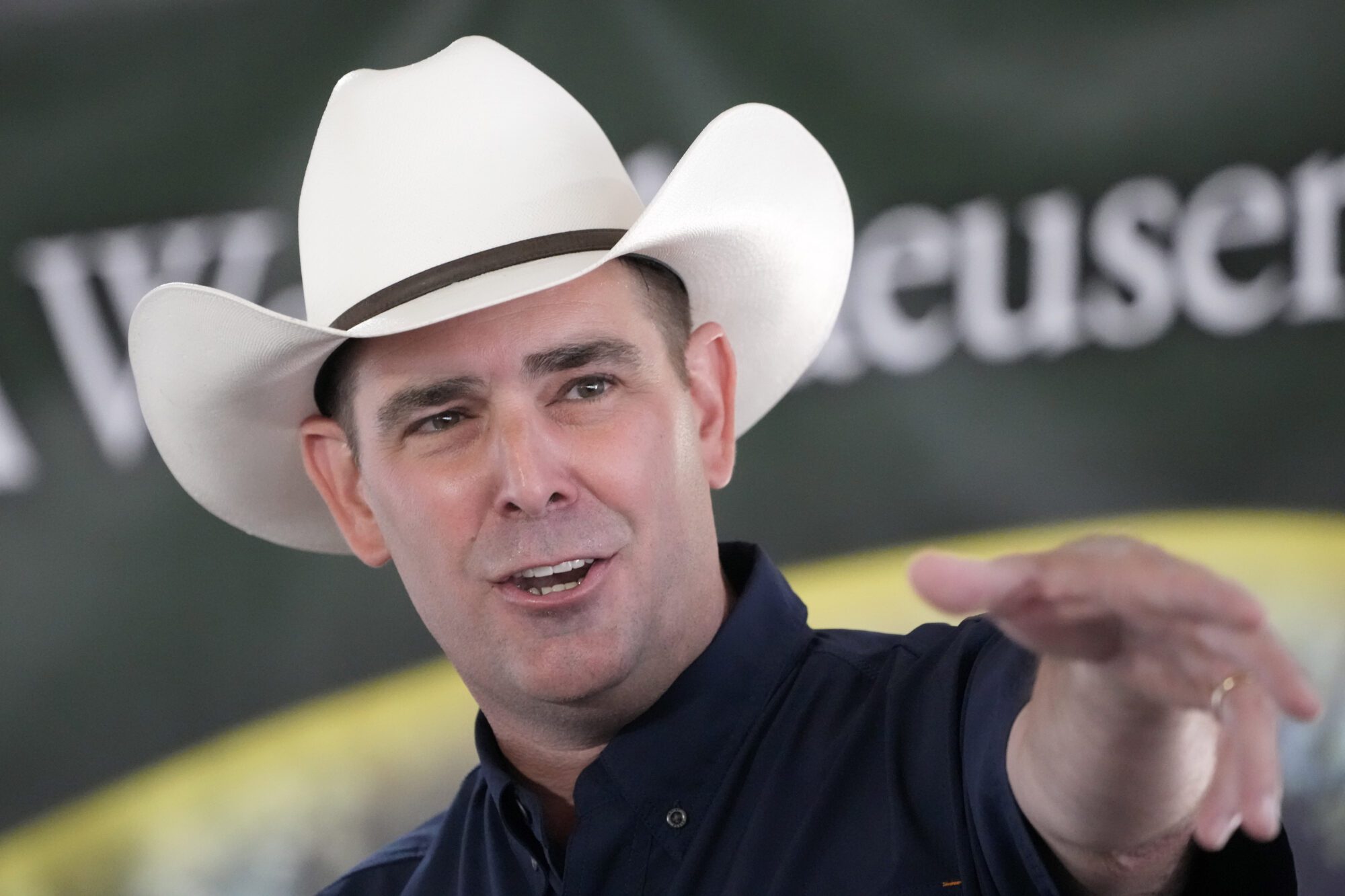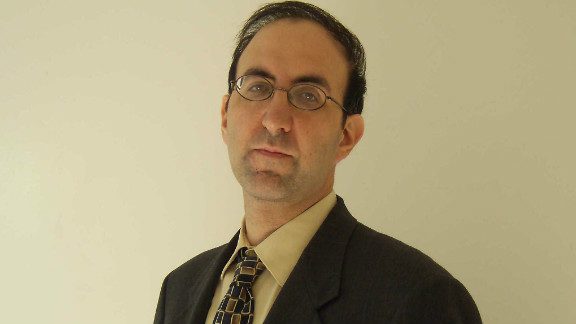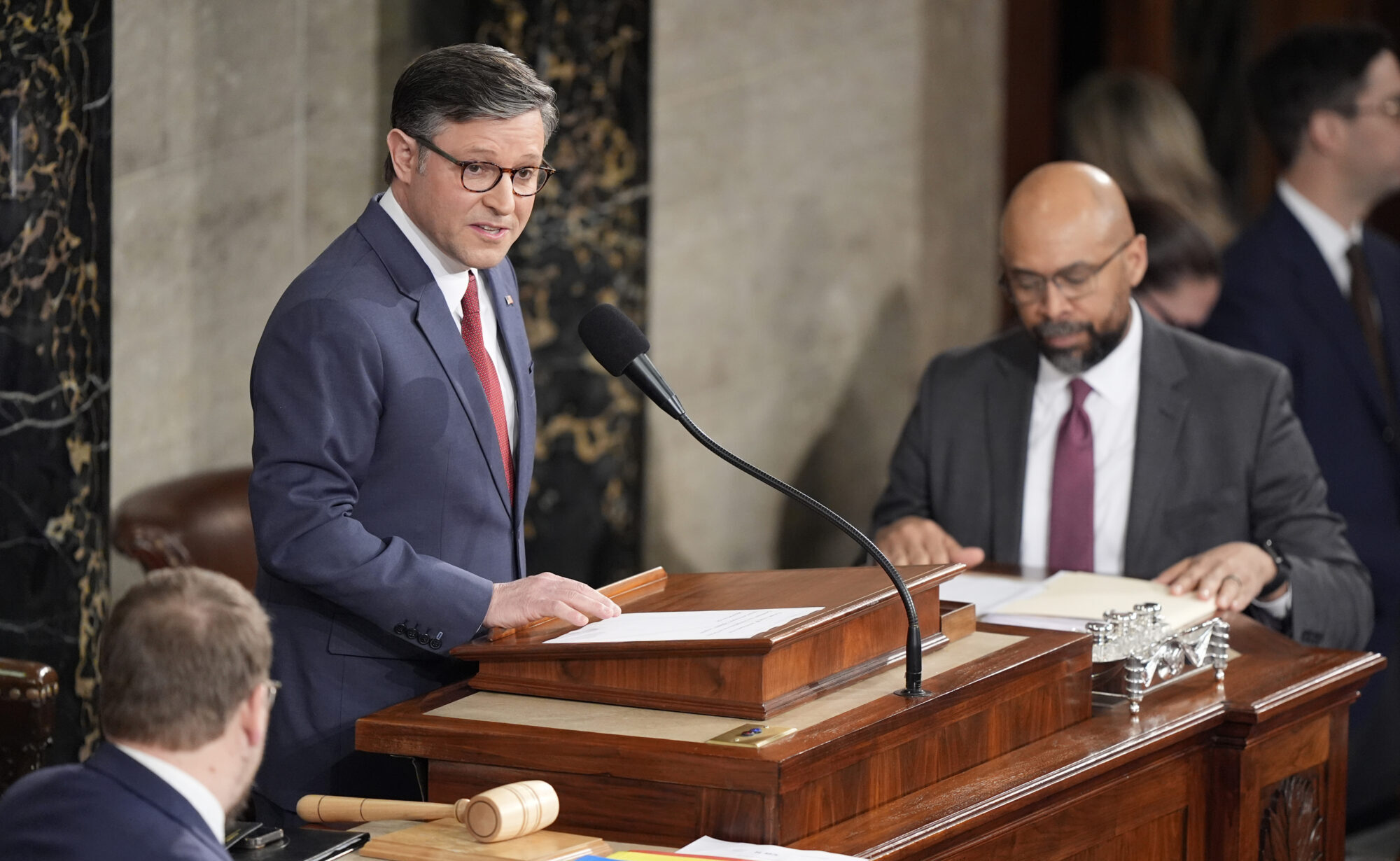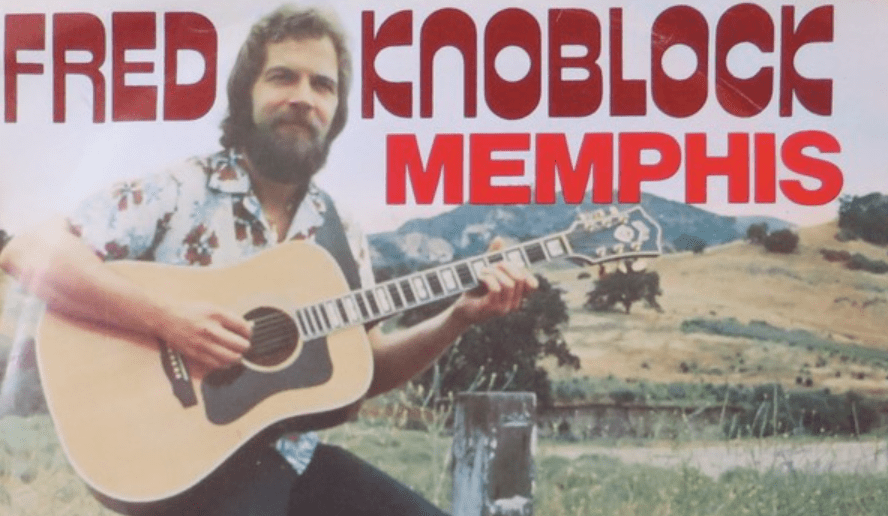
Weekly rundown of the stories that caught our attention.
The latest stories that caught our eye from across Mississippi and beyond. So grab a cup of coffee, sink back in your chair, and enjoy.
Mum’s the Word
On Wednesday, Gov. Tate Reeves signed the REAP Act into law. The bill, HB 1125, establishes a medical standard of care that precludes physicians from performing gender reassignments on minors, or supplying medicinal treatment that would have the same effect. Matt Walsh, of “What is a Woman?” fame, came to town to celebrate the bill signing.
One person not celebrating is Reeves’ Democratic gubernatorial challenger, Brandon Presley. When asked what he thought of the bill by the Clarion Ledger, he gave a non-answer about Medicaid expansion.

The “non-response” response to a direct question highlights the tightrope act Presley will need to perform to be viable. Presley needs a chunk of Republicans to crossover. To get there, he must convince them he’s not all that different. He has claimed in the past to be pro-life and pro-gun, for instance.
But he also needs to convince Democrats in Mississippi to show up for him. There are factions within the Democratic Party here. So-called “Yellow Dog” Democrats, of which Presley is one, tend to be more socially conservative than their progressive mates.
Perhaps as important for Presley, his dying breed tends to be at odds with where the national Democratic Party is. To have any chance, Presley needs to attract donor dollars from outside of Mississippi. The fear that big Democratic donors won’t funnel money into Mississippi for a pro-life, pro-gun candidate is precisely the type of thing that prompts not answering a question about a bill like the REAP Act.
While Presley may not have been willing to take a stand, the Mississippi Democratic Party was:
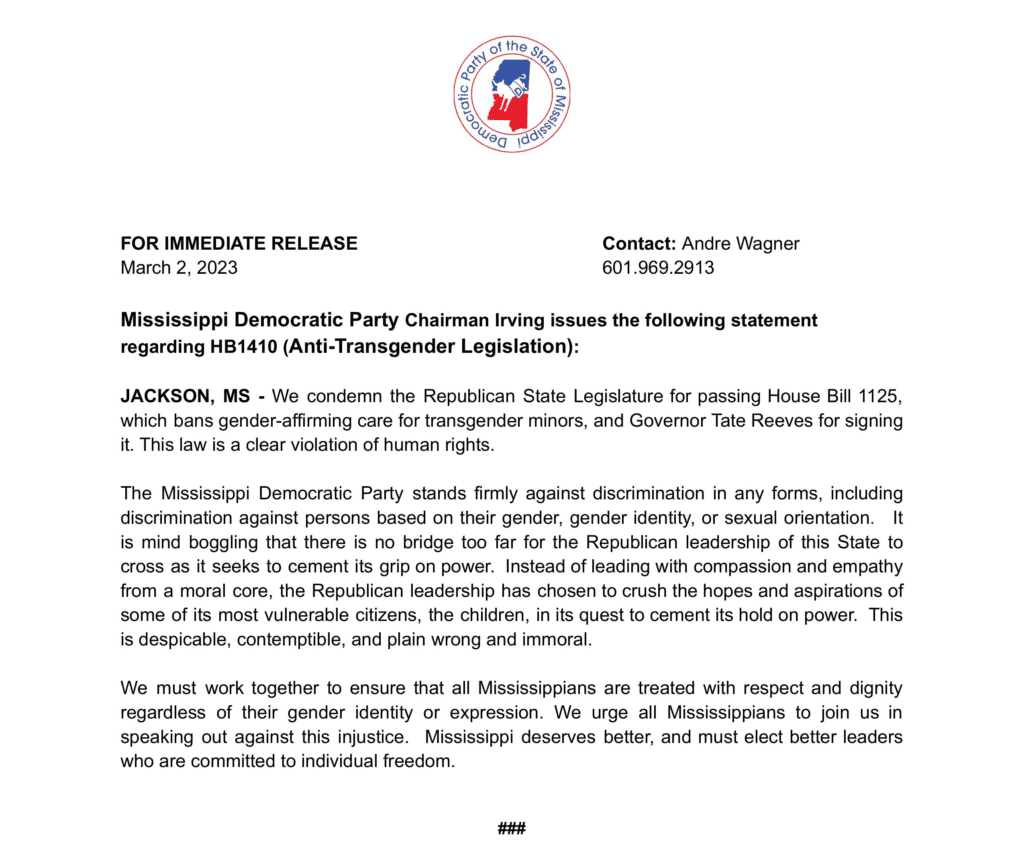
Trust the Science
This week, the Wall Street Journal broke a story that the U.S. Department of Energy had concluded that COVID-19 emerged from a Chinese lab and not from bats in a “wet market.” The FBI previously reached a similar conclusion. Other U.S. agencies have reached different conclusions, so its not as if the DOE and FBI findings are unchallenged.
The response in some circles has been to say “so what?” In one sense, they are right. Wherever it came from, the outcome was the outcome. But in another sense, they are very wrong. If the virus and its ensuing wrath was a man-made disaster, knowing that allows for accountability and preventative measures in the future. (Fast forward the video to the 3-minute mark. Hilarity ensues).
What’s more, if the outbreak came from a lab, the last three years mark one of the greatest cover ups in human history. The story is emblematic of how unreliable the scientific groupthink that occurred during the pandemic really was. Science is fundamentally built on doubt. Science is supposed to question what is true, and through a deliberative process, prove what is true.
But there was little doubt during the pandemic, and when questions were raised, those who dared raise them were castigated as conspiracy theorists. Scientific leaders spoke with great certainty about things they could not possibly be certain of. It was that very certainty that undermined the science and eroded trust in the scientific community.
Don’t Say Tesla
The Mississippi Senate passed a bill yesterday (HB 410) that will prevent direct sale of automobiles, requiring car manufacturers selling vehicles in Mississippi to do so through a dealership model. The bill has been widely panned by critics as being anti-free market and designed to keep newer car manufacturers, with different business models, out of Mississippi. Much of the focus has specifically been on Tesla and the EV sector.
Proponents of the bill say that they are just “leveling the playing field” by requiring everyone who wants to sell a car to sell them the same way. In my humble view, this is not what leveling the playing field looks like.

Apple has stores in Mississippi where it directly sells iPhones. No one would seriously argue that it should be prevented from doing so, and only AT&T should be allowed to sell iPhones. Chic-Fil-A does not subscribe to a traditional franchise model. No one would seriously argue that it should have to sell through franchisees to ensure that the playing field is level between it and McDonald’s.
One could say that “leveling the playing field” would require forcing companies to sell the same products, the same way, at the same price. But no one would seriously argue that, because it sounds a lot like government control of the means of production and distribution.
Policymakers should not confuse a “level playing field” with “everyone must operate under the same business model.” That kind of thinking prevents innovation, is protectionist, and deprives customers of the freedom to make their own choices.
Democracy Dies in the Light
The U.S. Supreme Court heard arguments this week on President Joe Biden’s student loan forgiveness package. Most legal pundits believe that the Court will ultimately rule that the plan, which was implemented without Congressional approval, was unconstitutional. Biden, himself, questioned his authority to implement the plan before doing so.
Lawyers for the Biden administration argued that his authority stemmed from the HEROES Act, a 2003 law related to the wars in Iraq and Afghanistan. The majority of the Court seemed unpersuaded that the two-decade old HEROES Act was proof of congressional intent to give the presidency executive authority to permanently cancel or reduce student loan debt in the Year of our Lord 2022.
The Washington Post opined in an editorial that even though the executive action is very likely unconstitutional, the Supreme Court should not overturn it. The Post might want to change its current slogan of “Democracy Dies in the Darkness,” to “Democracy Dies in the Light.”

Our Constitution quite brilliantly set up a system where the federal government’s powers are limited and divided among three branches. The legislative body, Congress, implements laws. The executive body, the presidency, administers the laws. The judicial body, the Supreme Court, decides if the laws are authorized by the Constitution.
Whether you like the policy or not, President Biden skipped the step where Congress enacted this policy and committed to a gross overreach of executive authority. James Madison eloquently explained the purpose of the constitutional design in Federalist 51:
Ambition must be made to counteract ambition. The interest of the man must be connected with the constitutional rights of the place. It may be a reflection on human nature, that such devices should be necessary to control the abuses of government. But what is government itself, but the greatest of all reflections on human nature? If men were angels, no government would be necessary. If angels were to govern men, neither external nor internal controls on government would be necessary. In framing a government which is to be administered by men over men, the great difficulty lies in this: you must first enable the government to control the governed; and in the next place oblige it to control itself.
-James Madison, Federalist 51

